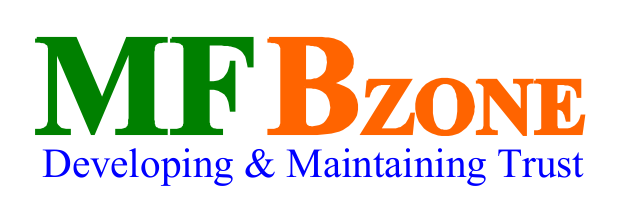
Enterprise Resource Planning (ERP)
Organizations across the globe have become cognizant of the fact that in a rapidly changing business environment, it is impossible to generate and maintain a custom designed software package that caters to all their requirements and also be up-to-date. An integrated and robust ERP system streamlines interactions of marketing, sales, quality control, requirement planning, manufacturing management, supply chain, human resources and many other processes into a unified system and database. It provides organization-wide unified platform to perform and record all transactions of all the functions of the respective departments, thereby, enhancing efficiency and eliminating the frequent loss of data and retyping errors.
ERP’s financial tools allow companies to successfully maintain financial information like that of the assets, accounts, budgets and cash. ERP assists an organization in effectively managing the internal and external factors affecting it, while enhancing resource efficiency by eliminating time consuming activities and repetitive tasks.
ERP also provides an important insight into organization’s materials management. It successfully automates the process of buying materials and maintaining them. There are modules track the purchased supplies and also calculate how the materials should be distributed. Moreover, you can effortlessly predict the demand of the market based on the history, economic statistics and sales data. This facilitates a company in their decision-making process for when a product production and provides a powerful competitive advantage by reducing “time to market” the products and/or services.
ERP is an industry acronym for Enterprise Resource Planning. Broadly speaking, ERP refers to automation and integration of a company’s core business to help them focus on effectiveness & simplified success.
The Information Technology industry is renowned for its adoption of acronyms, which are often widely used, but not fully understood. The term ‘ERP’ itself is not self-explanatory and refers to the business software that has been designed to record and manage your enterprise data.
An ERP System automates and integrates core business processes such as taking customer orders, scheduling operations, and keeping inventory records and financial data. ERP systems can drive huge improvements in the effectiveness of any organization by:
➤ Assisting you in defining your business processes and ensuring they are complied with throughout the supply chain
➤ protecting your critical business data through well-defined roles and security access
➤ enabling you to plan your work load based on existing orders and forecasts
➤ providing you with the tools to give a high level of service to your customers
➤ translating your data into decision making information
